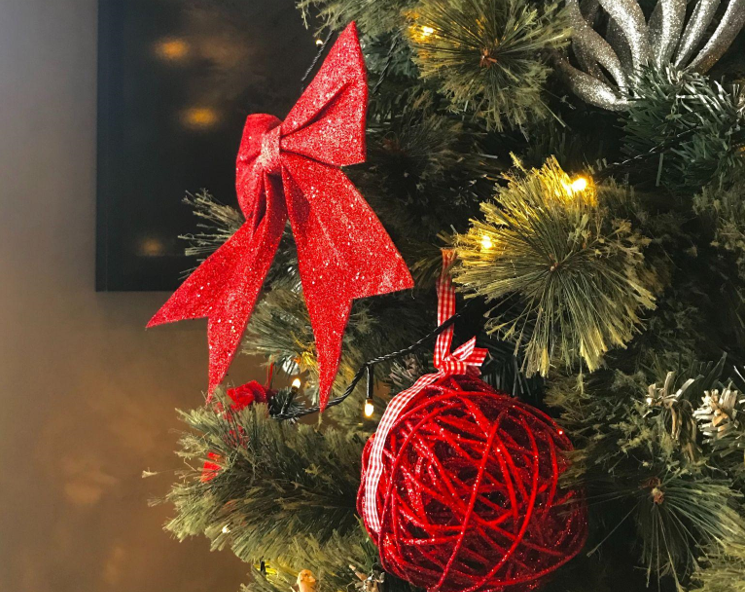Tradition Meets Technology: The Emergence of Artificial Christmas Trees
Artificial Christmas trees have become a staple in many households, providing a convenient and reusable alternative to the tradition of chopping down a real Christmas tree. But what about those who celebrate Hanukah? While the menorah and dreidel are well-known symbols of this holiday, the question remains: can artificial Christmas trees also play a role in Hanukah celebrations?
The emergence of artificial trees dates back to the 1930s when a company called Addis Brush began selling them to address the deforestation caused by traditional Christmas tree farming. As technology advanced, so did the quality of artificial trees, with modern designs featuring realistic texture, color, and even scent.
While artificial trees have become prevalent in Christmas celebrations worldwide, their role in Hanukah celebrations must be clarified. However, some Jews have embraced the convenience and versatility of artificial trees to add festive decor to their homes during the eight-day festival.
Beyond the Menorah: Traditional Hanukah Foods and Treats
Hanukah is a traditional holiday with many customs and rituals passed down through generations. One of the most well-known traditions is lighting the menorah, a nine-candled candelabrum that represents the eight days and nights of the festival.
But other elements make Hanukah a particular time, including the food. Traditional Hanukah foods often feature oil, a symbol of the miracle that occurred in the ancient temple during the time of the Maccabees. One of the most popular Hanukah foods is the doughnut, also known as sufganiyot. These fried treats are typically filled with jelly or other sweet fillings and dusted with powdered sugar.
Other Hanukah foods include latkes, oil-fried potato pancakes, and a slow-cooked meat dish brisket. Modern twists on these classic dishes have recently emerged, including sweet potato latkes and vegetarian brisket.
While the menorah remains the central symbol of Hanukah, incorporating festive decor like an artificial Christmas tree can add a unique touch to the celebrations. Artificial trees are versatile and can be decorated to suit any style or theme, from traditional to modern.
In conclusion, while artificial Christmas trees may have origins in Christmas traditions, there’s no reason they can’t be a part of Hanukah celebrations. Whether adding a pop of color to your festive decor or finding new ways to enjoy traditional Hanukah foods, the eight-day holiday is a time to embrace tradition while keeping an open mind to new ideas and customs.

